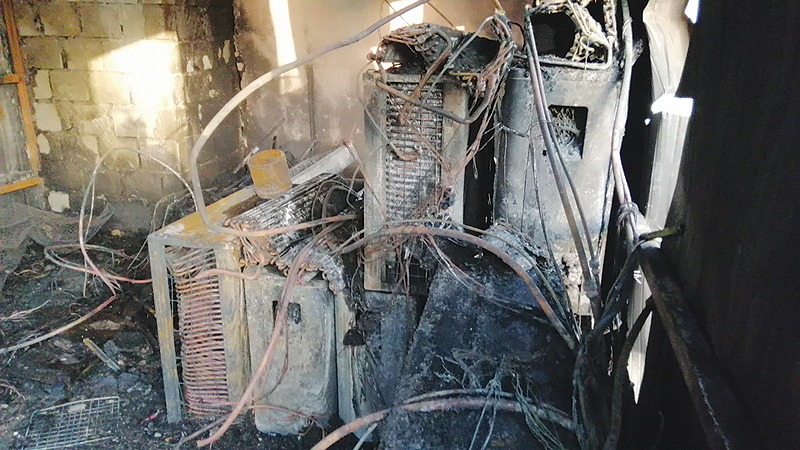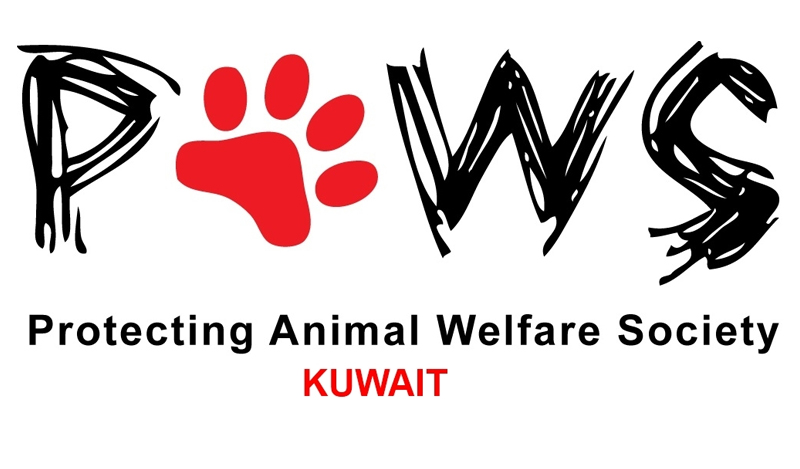KUWAIT: At least 23 cats were killed after a blaze gutted an animal shelter in Abdaly yesterday. Roula Ahmed, team leader of the Protecting Animal Welfare Society (PAWS) shelter, said most of the cats died of suffocation in the fire, which she blamed on an arson attack. "We set all the animals free during the fire because we wanted them to be safe. I think it was a deliberate attack and could be in retaliation by our neighbors, who have told us to leave the area," Ahmed told Kuwait Times. "Our neighbors in Abdaly have been complaining against the presence of the PAWS shelter. They don't like the shelter and don't want dogs and cats here," she said.


Kuwait Times asked Ahmed if PAWS has proof the shelter was deliberately set on fire. "I am not sure - it could also be from faulty electrical wiring because of the heat. But judging from prior events, I am almost certain that it could be arson. Since we moved here on June 12, 2019 (only a few days back), many of them (neighbors) have expressed disgust about our presence here. We were not welcomed with open arms. They don't want an animal shelter in their neighborhood," Ahmed said, adding the fire department is still investigating the cause of the blaze.
PAWS houses more than 900 animals, mostly dogs and cats, at the shelter, she said. After the animals were released during the fire, most were recovered, but a few are still at large. "We freed the animals because we didn't want them to die. We are still looking for some 20-25 cats and dogs. Hopefully, they are all safe and we might still find them alive somewhere," she added.
Notably, a few days ago, animal lovers protested at Irada Square in Kuwait City against the poisoning of stray dogs. Reports and videos have appeared on social media recently showing stray dogs dying after ingesting poison allegedly left by personnel working for the Public Authority of Agricultural Affairs and Fish Resources. Animal shelters in Kuwait are mostly run by NGOs and private individuals with minimal or no support from the authorities. Most of the shelters are overburdened, especially during the summer, when pets are abandoned by their travelling owners.
By Ben Garcia



